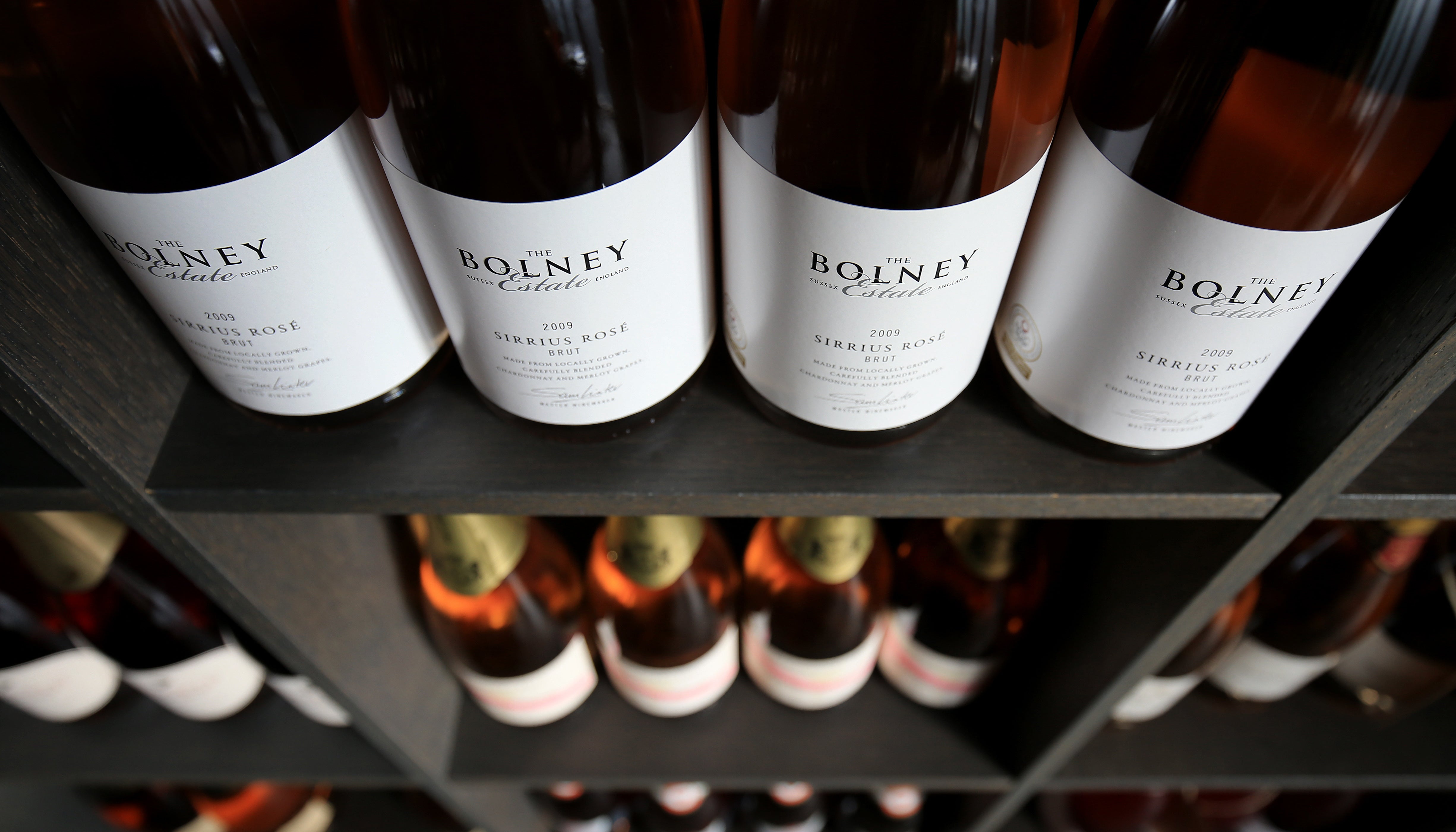Alcohol duties: the winners and losers
Some drinks will see their duty levels rise when the changes come into force in 2023 due to their relatively high alcohol levels.

Your support helps us to tell the story
From reproductive rights to climate change to Big Tech, The Independent is on the ground when the story is developing. Whether it's investigating the financials of Elon Musk's pro-Trump PAC or producing our latest documentary, 'The A Word', which shines a light on the American women fighting for reproductive rights, we know how important it is to parse out the facts from the messaging.
At such a critical moment in US history, we need reporters on the ground. Your donation allows us to keep sending journalists to speak to both sides of the story.
The Independent is trusted by Americans across the entire political spectrum. And unlike many other quality news outlets, we choose not to lock Americans out of our reporting and analysis with paywalls. We believe quality journalism should be available to everyone, paid for by those who can afford it.
Your support makes all the difference.The Chancellor has thoroughly shaken up the UK’s system of alcohol duties with a raft of changes that have broadly benefited people who prefer weaker drinks.
Rishi Sunak who is teetotal, said the system, which dates back to 1643, was “outdated, complex and full of historical anomalies”.
Industry figures have broadly welcomed the changes, which were widely considered long overdue, but they have not helped all areas of the sector equally.
Some drinks will see their duty levels rise due to their comparatively high alcohol levels when the changes come into force in 2023.
Here, the PA news agency looks at which areas of the booze industry were the winners on Wednesday and which were the losers:
WINNERS:
Makers of sparkling wine, champagne and prosecco will be toasting the Chancellor’s Budget statement.
Mr Sunak said the wines were “no longer the preserve of wealthy elites” and their duties would be reduced to the same level as still wines, ending an “irrational” 28% duty premium.
Chapel Down, one of the UK’s more than 170 wine firms, said “the duty saved will enable the industry to create jobs, support families, and bring even more young talent into this exciting, developing sector”.
An £8.50 bottle of 11% ABV (alcohol by volume) Canti Prosecco would see its tax reduce by 87p, while a bottle of Chapel Down’s 12% sparkling wine would see a 64p tax reduction for retail.
Rose wine drinkers are also due to benefit from the duty changes, which would make the tax on a bottle of Echo Falls Zinfandel roughly 23p lower.
Lower-strength spirits such as Baileys and Malibu will also benefit from the move, with their tax rates due to reduce by 41p and 50p per bottle respectively.
Pre-mixed cans of spirits and mixers sold in shops will also largely see lower rates of tax.
Brewers are among the big winners expected to benefit from changes, with many expecting lower duty in both retail stores and pubs as a result of the new “draught relief”.
A pint of Guinness, Stella Artois or San Miguel in a pub will see its tax rate drop by 3p.
UK real-ale brewers making weaker drinks could substantially benefit, with beer such as Adnam’s 3.4% Lighthouse due to see a 25p deduction in pubs.
Pubs as a whole were widely seen as a winner, with shares in JD Wetherspoon, Marston’s and Mitchells & Butlers all moving more than 5% higher as investors cheered the Budget.
Some ciders, such as Magners and Strongbow, will also see a lower tax rate in pubs due to the draught relief.
These will see a drop of roughly 2p in tax at the pumps and 0.5p in shops.
Meanwhile, small cider makers are also due to benefit from the introduction of a Small Producers Relief similar to the subsidy scheme for small UK beer producers.
LOSERS:
Red wine producers and drinkers are a significant loser as the changes have a detrimental effect on wines with strong alcohol levels.
The duty change will result in a bottle of £7 Hardy’s VR merlot facing an increase of around 5%, with a tax hike of 35p.
A 75cl bottle of Campo Viejo Rioja Gran Reserva will see a tax rise of roughly 47p, the Treasury said.
The changes will also have a heavy impact on the price of popular fortified wines.
Port and madeira will be particularly hard hit, with typical bottles of 20% strength port likely to see increases of over £1 in their tax.
Sherry could also become more expensive, with documents showing that Croft sherry would see a 51p rise in duty.
Scottish favourite Buckfast, which is roughly 8.5%, will face an 81p tax increase on an £8.50 bottle.
The retail prices of some spirits such as vodka and whisky will be broadly unchanged.
However, one of the biggest losers of the changes will be the drinkers and manufacturers of strong “white cider” drinks.
Budget documents showed that a 2.5-litre bottle of Frosty Jack’s, at around 7.5% ABV, will increase by 45p from £3.70, representing a roughly 12% increase.
Rival brand Ace will also be faced with an increase of roughly 45p per bottle, officials said, as stronger, cheaper drinks were hit hardest.